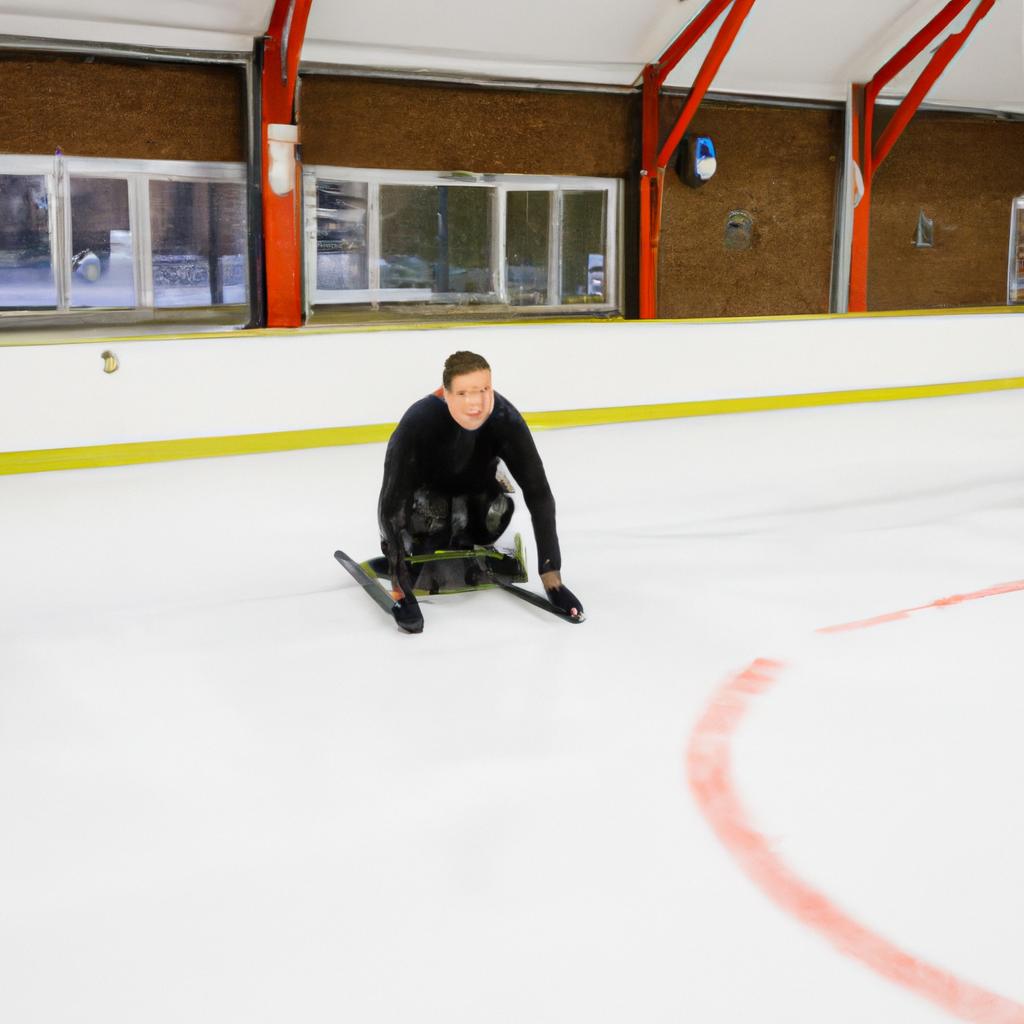**”The Role of Adaptive Sports in Enhancing Skill Development and Personal Growth for Individuals with Disabilities”**
The Role of Adaptive Sports in Enhancing Skill Development and Personal Growth for Individuals with Disabilities
Adaptive sports significantly impact individuals with disabilities. They provide opportunities for physical activity, skill development, and personal growth. These sports modify traditional games to accommodate various disabilities. This approach allows for maximum participation and enjoyment. Participants enhance physical abilities and improve emotional well-being, social connections, and overall quality of life.
The Essence of Adaptive Sports
Adaptive sports include various activities tailored for individuals with disabilities. Wheelchair basketball, sitting volleyball, adaptive skiing, and cycling create inclusive environments. These sports promote engagement and participation. Adaptive sports ensure everyone can experience the joy of sports and recreation.
Adaptive sports highlight the strengths of individuals with disabilities. Athletes demonstrate determination, resilience, and courage. This empowerment fosters pride and self-worth. Participants overcome challenges both on and off the field. They push limits and achieve milestones, developing a strong sense of identity and confidence.
Skill Development Through Adaptive Sports
Physical Skills
Adaptive sports enhance physical skills among participants. Regular training and competition improve coordination, strength, and endurance. Adaptive rowing helps develop upper body strength and core stability. Adaptive skiing enhances balance and agility. Physical improvements contribute to athletic performance and everyday activities.
Coaches and trainers emphasize proper technique and strategy. They teach athletes the skills necessary for success. This focused instruction leads to skill mastery, providing a fulfilling experience for individuals with disabilities.
Social Skills
Adaptive sports cultivate essential social skills. Team sports offer opportunities for collaboration and effective communication. Participants learn teamwork, cooperation, and mutual support. These interactions foster lasting friendships and a sense of belonging.
Adaptive sports involve diverse groups, allowing athletes to connect with peers from various backgrounds. This diversity enriches social experiences and promotes understanding. Working towards common goals helps athletes develop critical interpersonal skills.
Mental Skills
Participating in adaptive sports enhances mental skills. Athletes set realistic goals and develop strategies for success. They maintain focus and discipline during training and competition. This process fosters a growth mindset, encouraging individuals to embrace challenges and view setbacks as learning opportunities.
Conclusion
Adaptive sports provide individuals with disabilities numerous benefits. They enhance physical, social, and mental skills while fostering personal growth.
Below are related products to the topic if you’re interested:
FAQ
What types of activities are considered adaptive sports?
Adaptive sports encompass a wide range of activities specifically tailored for individuals with disabilities. Some popular examples include wheelchair basketball, sitting volleyball, adaptive skiing, and cycling. These modifications ensure that everyone can participate and enjoy the benefits of sports and recreation.
How do adaptive sports contribute to personal growth for individuals with disabilities?
Adaptive sports play a significant role in personal growth by fostering determination, resilience, and self-worth among participants. Through overcoming challenges in sports, athletes develop a strong sense of identity and confidence. Additionally, engaging in adaptive sports helps individuals build friendships and social connections, enhancing their overall quality of life.
What skills can participants develop through adaptive sports?
Participants in adaptive sports can develop a variety of skills, including physical, social, and mental skills. Physically, they enhance coordination, strength, and endurance through regular training. Socially, they learn teamwork and effective communication while interacting with diverse groups. Mentally, athletes set realistic goals and cultivate a growth mindset, which encourages them to embrace challenges and view setbacks as learning opportunities.















Post Comment